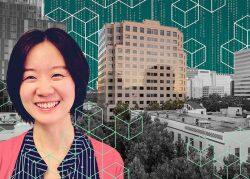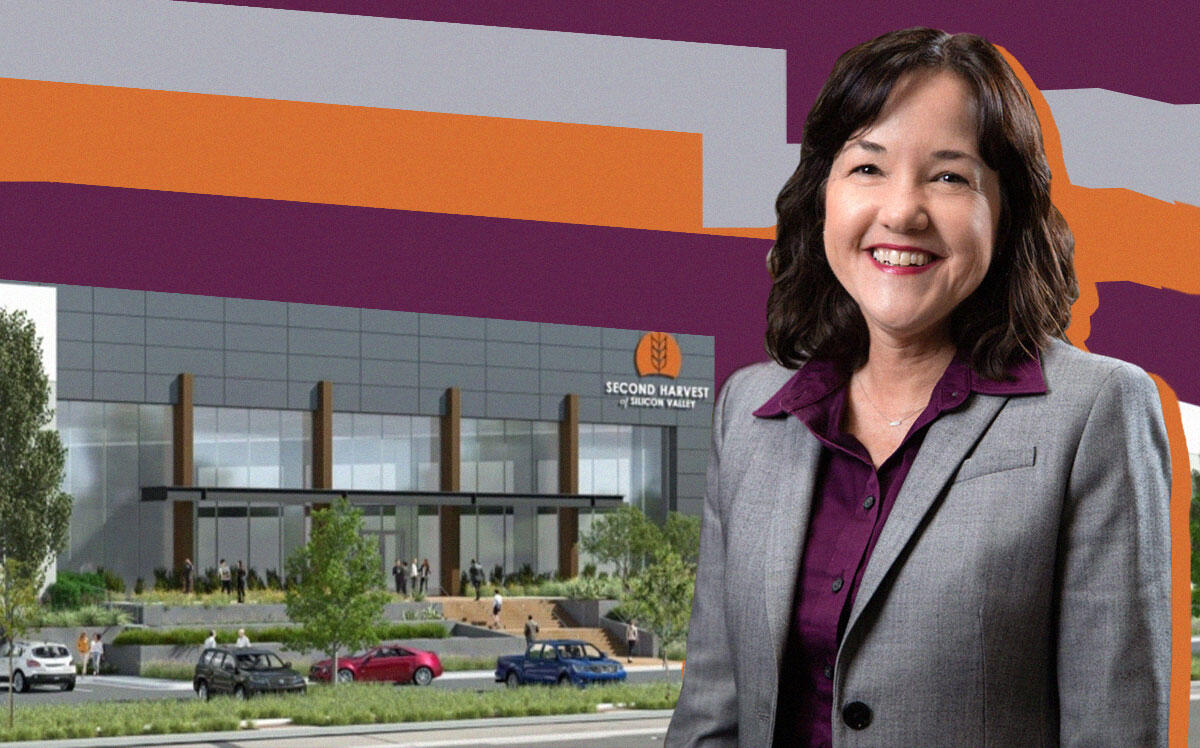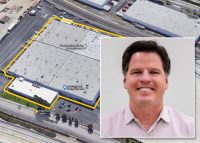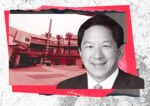 Did crypto outfit just move to San Jose from SF?
Did crypto outfit just move to San Jose from SF?
Trending
Second Harvest buys 11 acres in San Jose for HQ, warehouse
Food bank pays $37M, plans to build 250K sf office, food handling and distribution center in Alviso

A South Bay food bank has paid $37.2 million for a lot in the Alviso district of North San Jose, with plans to build a new headquarters, food handling and distribution warehouse.
Second Harvest of Silicon Valley, a nonprofit that gives free groceries to the needy, bought 10.5 acres at 4553 and 4653 N. First St., the San Jose Mercury News reported. The seller was South Bay Development, a real estate firm based in Los Gatos, in an all-cash deal.
The agency aims to boost operations as economic woes linked to the coronavirus pandemic have pressured more people to rely on food agency services, executives said.
“While we have managed to meet the incredible need of our community through temporary operational shifts, the inefficiencies of working across three locations in San Jose are considerable and costly,” said Leslie Bacho, CEO of Second Harvest of Silicon Valley, based in San Jose.
One of the largest food banks in the nation, Second Harvest works with over 300 partners at 900 sites to distribute more than 12 million pounds of fresh produce, protein and dairy each month to families in Santa Clara and San Mateo counties.
The food bank now provides free groceries to more than 400,000 residents a month – 60 percent more people than it served before the coronavirus outbreak.
“During the pandemic, Second Harvest became a lifeline to thousands,” San Jose Mayor Sam Liccardo told the newspaper “We are grateful for their continued support and are excited to see their expansion in Alviso.”
Second Harvest, founded in 1974, plans to construct a 249,200-square-foot building to house its warehouse, distribution and office operations now scattered among several San Jose locations, according to city planning documents.
Once the new building is open, most of Second Harvest’s food handling will be conducted at the Alviso site. The building will also have more space for food handling and storage, a larger volunteer center and new offices.
“We have been working with inadequate infrastructure to address the high level of need, such as insufficient freezer, refrigeration and volunteer space,” Bacho said. “Having a permanent location with increased capacity also allows us to flex when we are required to respond to future emergencies and disasters.”
In 2020, the Los Angeles Regional Food Bank bought a 250,000-square-foot warehouse for a similar upgrade, after a years-long search.
[San Jose Mercury News] – Dana Bartholomew
Read more
 Did crypto outfit just move to San Jose from SF?
Did crypto outfit just move to San Jose from SF?
 LA Food Banks pays $52M for warehouse, ending long search
LA Food Banks pays $52M for warehouse, ending long search




